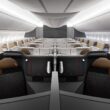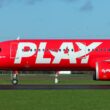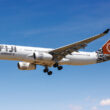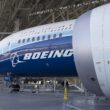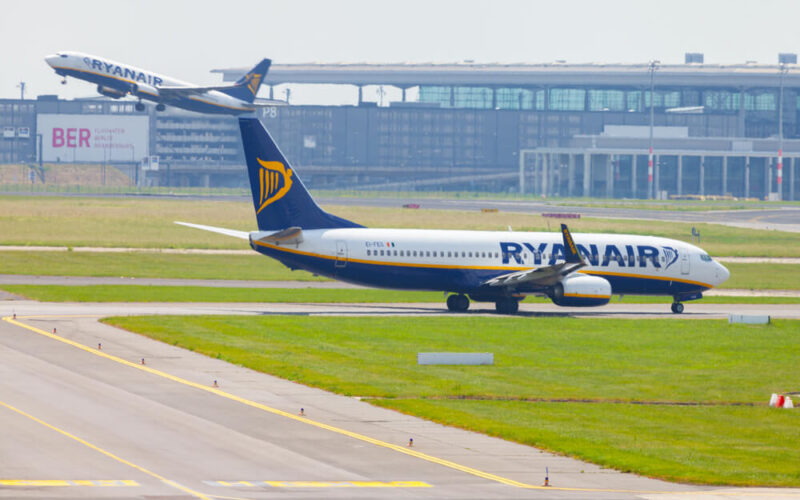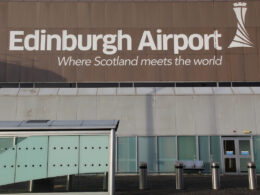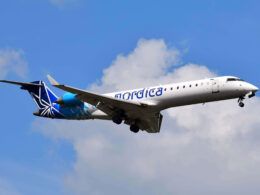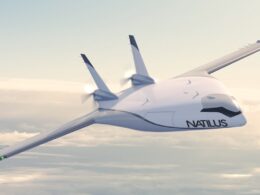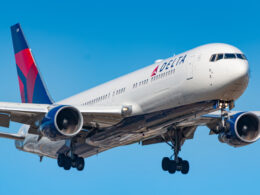The biggest low-cost carrier in Europe, Ryanair publicized their financial results for Q1 of FY20 on July 29, 2019. While the revenue increased, the airline also saw increasing fares and rising expenses that put further strain on its finances. Furthermore, the 737 MAX groundings and a price war in one of the biggest aviation markets in Europe has caused headaches in the boardroom of the airline.
Ryanair announced that while their revenues rose by 11% to €2.3 billion, a 6% reduction of average ticket prices, rising fuel and staff costs have put further strain on the airline’s books. Compared to Q1 of FY2019, Ryanair spent 24% more on fuel and 21% more on staff wages.
As a result, the airline group revealed a 21% drop in profit, as average ticket prices are declining further amidst a price war. In total, the airline group earned €234 million in profit in Q1.
On the bright side, the Ireland-based group had a busy quarter in the business department – Ryanair has established a new airline in Malta, opened up 239 new routes and four new bases in Europe, while also increasing the fleet size of Laudamotion and replacing expensive leases for nine Airbus A320 aircraft from Lufthansa (LHAB) (LHA) .
But Ryanair also highlighted two weak markets in Europe, Germany and the United Kingdom. While the latter has brought less profit to Ryanair due to changing consumer practices because of Brexit, Germany is the flash point of the price war that Ryanair is battling against Lufthansa (LHAB) (LHA) and its group airlines.
As Lufthansa (LHAB) (LHA) repositions Eurowings to fight the low-cost carrier threat within Europe, Ryanair is expanding aggressively in Germany, especially Berlin.
Ryanair versus Lufthansa
Berlin’s airports became a critical fighting ground for the two sides. One of the four bases that Ryanair opened in Q1 of FY2020 was in Berlin – Tegel (TXL) in addition to launching four new routes from the airport. The low-cost airline also added four new destinations from Berlin – Schönefeld (SXF) the same quarter.
Eurowings has also added two new routes from TXL: Munich (MUC) and Sarajevo (SJJ).
The two Berlin airports have a problem – limited capacity. A new airport, which will be neighboring SFX, was supposed to increase the capacity and reduce the complexity of airline operations within the city. However, Berlin Brandenburg Airport (BER) is still not open and probably won’t be until 2020, thus the competition inside both TXL and SXF has become increasingly aggressive.
The tension between the two airlines has sparked up recently. On July 13, 2019, Lufthansa CEO has publicly expressed anger towards Ryanair and easyJet for their pricing policy, calling it irresponsible. Ryanair made the best out of the opportunity and mocked the comments on their own website, while also offering prices “that Lufthansa (LHAB) (LHA) cannot offer”.
The low-cost carrier fueled the fire even more, by describing the situation in Germany in their financial report: “[…] Lufthansa (LHAB) (LHA) was allowed to buy Air Berlin (AB1) and is selling this excess capacity at below cost prices”.
Air Berlin (AB1) declared bankruptcy in 2017 and Lufthansa (LHAB) (LHA) bought out most of its assets, including 81 aircraft and the subsidiary airline LGW. The group also employed 3 000 former Air Berlin (AB1) personnel. On August 30, 2017, Michael O’Leary publicly expressed concern that Lufthansa (LHAB) (LHA) taking over Air Berlin (AB1) would create a “Lufthansa (LHAB) (LHA) high fare monopoly” within Germany.
Future outlook
Providing guidance for the rest of the financial year, the low-cost airline expects less profit compared to FY2019, as further ticket price reductions, growing fuel and environmental taxes prevent the airline’s ability to increase its PAT (profit after tax).
In addition, the continuing Boeing 737 MAX crisis has provided more problems for Ryanair. The airline, which once called the MAX a “gamechanger”, expects the groundings to reduce its passenger growth rate from 162 million to 157 million for FY21.
The growth rate is not the only issue – as Ryanair highlighted, MAX aircraft provide “4% more seats, but burns 16% less fuel and have 40% lower noise emissions”. The newest Boeing 737 family member would have significantly reduced the hefty fuel (€783 million) and environmental tax (expected to be €630 million by FY20) expenses.

